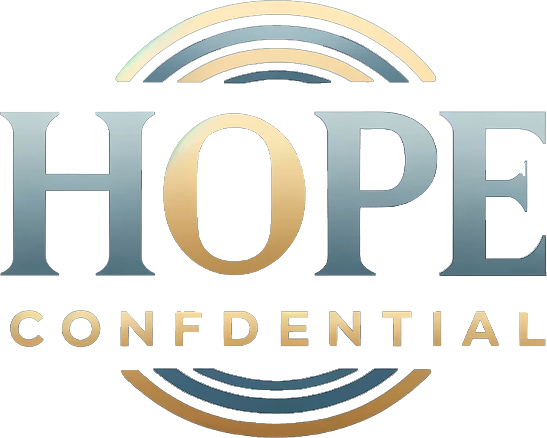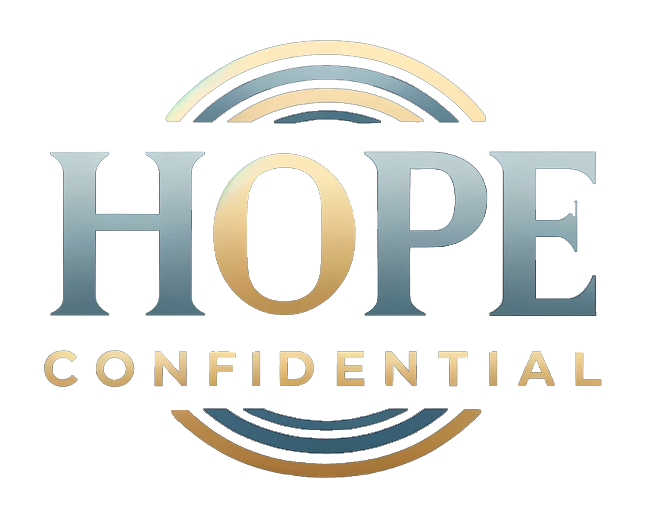In our fast-paced, ever-connected world, the ability to truly listen has become a rare and precious skill. With constant distractions, digital noise, and the hustle of daily life, genuine listening often takes a backseat to hurried conversations or quick fixes. However, being heard—truly heard—can be incredibly healing. The simple act of listening, without judgment or interruption, can offer clarity, emotional relief, and profound personal growth. In this blog, we’ll explore why being heard matters and how listening can unlock a path to emotional and psychological healing.
Why Listening is More Than Just Hearing
It’s easy to assume that hearing someone speak is the same as listening, but the two are vastly different. Hearing is a passive act, while listening is active and intentional. When we truly listen, we engage not only our ears but our full attention, empathy, and presence. This form of listening, often referred to as active listening, requires concentration, emotional involvement, and a conscious effort to understand the other person’s perspective.
Research has shown that humans think at a rate of 1,000–3,000 words per minute but only speak at a rate of 125–250 words per minute. This gap between thought and expression creates a disconnect, making it even more important for listeners to be fully present. Active listening closes this gap, helping individuals feel acknowledged and understood.
The Psychological Impact of Being Heard
One of the most significant impacts of being heard is emotional relief. When people express their thoughts and emotions without fear of judgment or dismissal, they can unburden themselves. This leads to reduced anxiety, lower stress levels, and a clearer mind. In fact, many people find that simply articulating their thoughts out loud to a compassionate listener helps them process emotions and discover solutions to their problems.
This is why professional listeners, such as those at Hope Confidential, do not offer advice or diagnosis. Instead, they provide a neutral, supportive environment where individuals can explore their own thoughts and come to their own conclusions. The act of talking through an issue with a non-judgmental listener often leads to breakthroughs that might not occur in a traditional problem-solving conversation.
Listening as a Path to Healing
Listening has powerful therapeutic benefits. In fact, one of the key components of many therapy methods, such as Cognitive Behavioral Therapy (CBT) or Emotionally Focused Therapy (EFT), involves the therapist’s ability to listen deeply and reflect the client’s thoughts and emotions. This form of reflective listening allows individuals to see their situation more clearly, often leading to emotional healing and personal growth.
At its core, healing through listening occurs when individuals feel validated and understood. When someone listens without interruption or judgment, they acknowledge the speaker’s experience as valid and important. This validation is a crucial step toward healing, as it helps individuals accept their emotions and move forward without the burden of self-criticism.
Why We Crave Non-Judgmental Spaces
Many of us hesitate to share our true thoughts and feelings because we fear being judged. We might worry that others will perceive us as weak, irrational, or flawed. However, when we are given a non-judgmental space to express ourselves, we are free from these fears. In these safe environments, we can let go of the need to “filter” our thoughts and instead focus on expressing what’s truly on our minds.
Non-judgmental listening is particularly effective in creating this safe space. By simply being present and accepting, the listener allows the speaker to release emotional baggage that might otherwise remain bottled up. This is why confidential listening services, like those provided at Hope Confidential, are so effective in helping individuals achieve emotional clarity and relief.
How Active Listening Builds Stronger Relationships
Listening is not only beneficial for personal healing but also plays a vital role in strengthening relationships. Whether in the workplace, in friendships, or in romantic partnerships, active listening builds trust, empathy, and understanding. When we listen attentively, we communicate that the other person’s thoughts and feelings matter. This fosters deeper connections and encourages open, honest communication.
In the workplace, for example, professional listening services can help improve employee engagement, reduce stress, and enhance team dynamics. When employees feel heard and valued, they are more likely to contribute their best efforts, stay loyal, and remain invested in their roles.
Similarly, in personal relationships, listening without judgment helps partners and friends feel more connected. Misunderstandings and conflicts are often the result of poor communication, but active listening can bridge these gaps, leading to greater harmony and mutual respect.
The Healing Power of Silence
Another aspect of listening that is often overlooked is the power of silence. Sometimes, the most healing part of a conversation is not what is said, but what is left unsaid. Silence allows individuals the space to reflect on their own thoughts and feelings. It gives them the opportunity to gather their emotions and express them in their own time.
In a world where conversations are often rushed, the value of silence cannot be overstated. A professional listener knows when to speak and when to remain silent, allowing the speaker to explore their inner world without pressure. This balance between listening and silence can be profoundly healing, offering clarity and relief in ways that words alone cannot.
How to Become a Better Listener
While professional listeners are trained in the art of active listening, anyone can improve their listening skills. Here are a few tips on how to become a more compassionate and effective listener:
Be Present: Put away distractions, maintain eye contact, and focus on the person speaking. Your full attention signals that their words matter.
Listen Without Judgment: Avoid making assumptions or interrupting with advice. Simply allow the speaker to express themselves freely.
Reflect and Clarify: Occasionally reflect back what you’ve heard to ensure you understand their perspective. Clarify any points that seem unclear, but avoid interrupting.
Embrace Silence: Don’t feel the need to fill every silence. Sometimes, quiet moments can lead to deeper reflection and more meaningful conversations.
Show Empathy: Empathy is key to active listening. Show that you care by nodding, making appropriate facial expressions, and offering supportive comments when needed.
Conclusion: The Gift of Being Heard
In a world where everyone wants to be heard but few truly listen, the act of being heard is a gift. Whether in personal conversations, professional settings, or confidential listening sessions, the power of listening can’t be overstated. It provides emotional relief, fosters personal growth, and builds stronger relationships. At Hope Confidential, we believe in the healing power of listening, offering a safe and non-judgmental space for individuals to find the clarity and relief they deserve.
If you’re ready to experience the benefits of being heard, contact us today and schedule your free discovery call. Let us help you find the emotional freedom that comes from sharing your thoughts in a compassionate, confidential environment.

